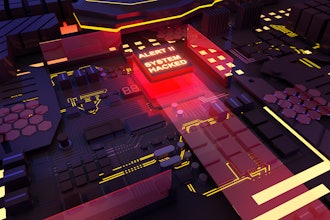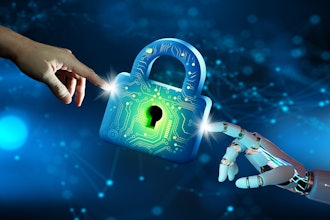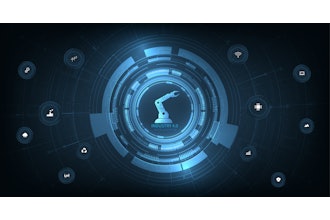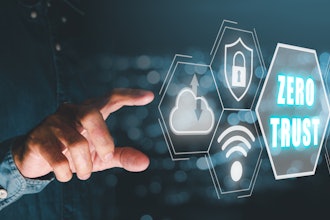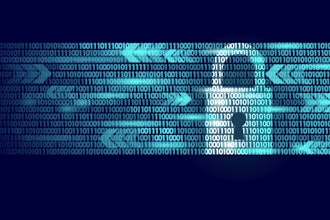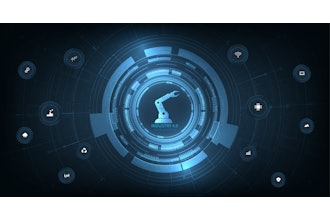The Internet of Things (IoT) sounds like the goal of a mad scientist and, in some ways, it is. The goal of IoT is to create a physical and digital network of everyday devices, such as smartphones and automobiles, that are in constant communication.
Persistent communication results in Internet-enabled devices interacting and determining what is wrong and what could be improved. It is also an incredible resource for data gathering and comprehension, and it would allow businesses to track their devices in real time and monitor their operational efficiency.
More Devices, More Data, and More Risk
IoT opens up nearly every part of your life to the Internet. Instead of being channeled through a screen or stationary machine, the Internet will now be monitoring every part of your life. Now, in utopian idealism, this is a near perfect way to ensure quality and satisfaction for every consumer on the planet. On this planet, however, we are far from a utopia.
As a result, we must consider what this kind of access to the Internet means for your digital and personal security. Having numerous access points leads directly to an increase in the risk of a breach or hack.
Hacking is where cybersecurity with regards to advanced and cutting-edge technology (a la IoT, Blockchain technology, and AI) comes into play. Your knowledge of security trends and personal strategies will be put to test in the not-too-distant future. As the opportunities multiply, it will be up to us to implement the correct cybersecurity strategies in order to prevent hacking attacks in large groups.
How IoT Is Shaped by Cybersecurity Policies
There is a myriad of applications for cybersecurity within IoT. Unified attacks can bring down a system or a network of data that is relied upon by millions. IoT is an incredible idea with the potential to change our lives dramatically, however, it brings with it a flurry of concerns that will stretch your abilities and require you to be on your toes at all times.
Ultimately, IoT is a goal that should be pursued at full strength and with all of the resources possible. It can bring about a world in which our cars are in constant communication with the manufacturer to prevent any major automobile failures or tell us when maintenance is required. Our refrigerators can order groceries for us and deliver them to our houses.
IoT creates a world where our smartphones can be used to control every aspect of our houses on every floor. The lighting can be modified, the AC can be turned down, and the TV can be controlled all through your smartphone thanks to IoT. However, as great and magnificent as all of this is, it carries the tremendous weight of risk that having more access points and vulnerabilities bring to any environment, let alone your home.
A hack of a smartphone can now mean that the hackers can control every part of your house and invade things that they shouldn't. That is why learning about every cybersecurity thing you can is the only way to successfully mitigate the potential wrought upon us by hackers.
Using proper password standards, encrypting file systems, and using virtual private networks are just a few of the ways that you can protect yourself from the threat of hackers. With proper due diligence, education and investment you can make this technological evolution an enjoyable experience rather than a digital disaster.
Conclusion
The Internet of Things is a miraculous idea. In an ideal IoT world, every object has a small computer within it, communicating with other smart objects on the same network. The implications of connecting everything everywhere are truly astounding. The convenience IoT affords is staggering.
In order to achieve this convenience, device manufacturers of all kinds, from kitchen appliances to active wear, must produce devices that have the ability to connect to the Internet and relay data in one way or another. Constantly connected devices are producing a massive amount of data. Unprotected data packages can always pose a risk to your home, your business, and even to your personal life.
Cybersecurity is important in the age of IoT as its adoption requires a heftier reliance on the Internet each day. Preventing data breaches altogether may be impossible. However, using encryption standards, using strong passwords, and creating virtual private networks are just a few cybersecurity policies that can help protect us all.
Michael Volkmann is an entrepreneur with a focus on business operations and finance.











